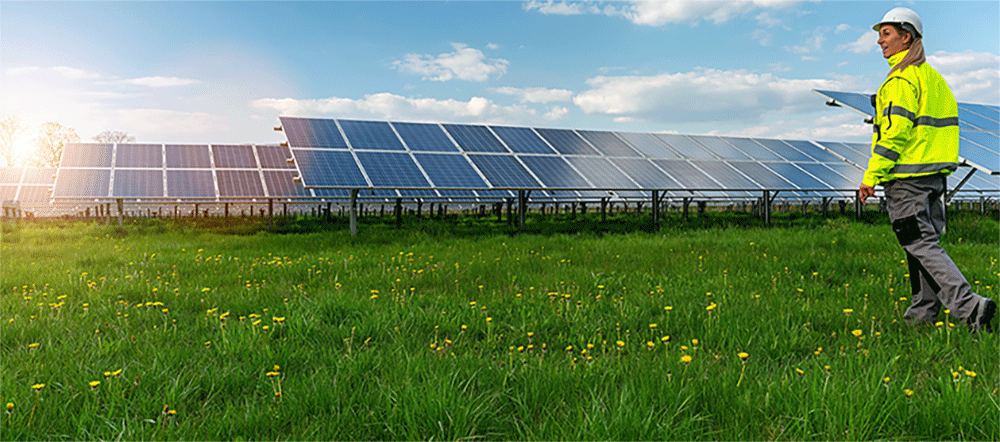New Zealand Economic Snapshot

Economic Outlook Note - New Zealand

Economic Policy Reforms: Going for Growth 2023 - New Zealand
Economic Survey of New Zealand (January 2022)
The New Zealand economy recovered quickly from the COVID-19 shock thanks to effective virus containment, measures to protect jobs and incomes and highly expansionary macroeconomic policies but is now overheating and house prices have soared. The Reserve Bank has begun to tighten monetary and macroprudential policies with a view to achieving its price and financial stability objectives. Together with policy measures to increase housing supply, this should help moderate housing price inflation. While the fiscal deficit has begun to fall from the highs reached during the first wave of the COVID-19 shock, additional consolidation measures will be needed to put public finances on a sustainable path, including an increase in the pension eligibility age.